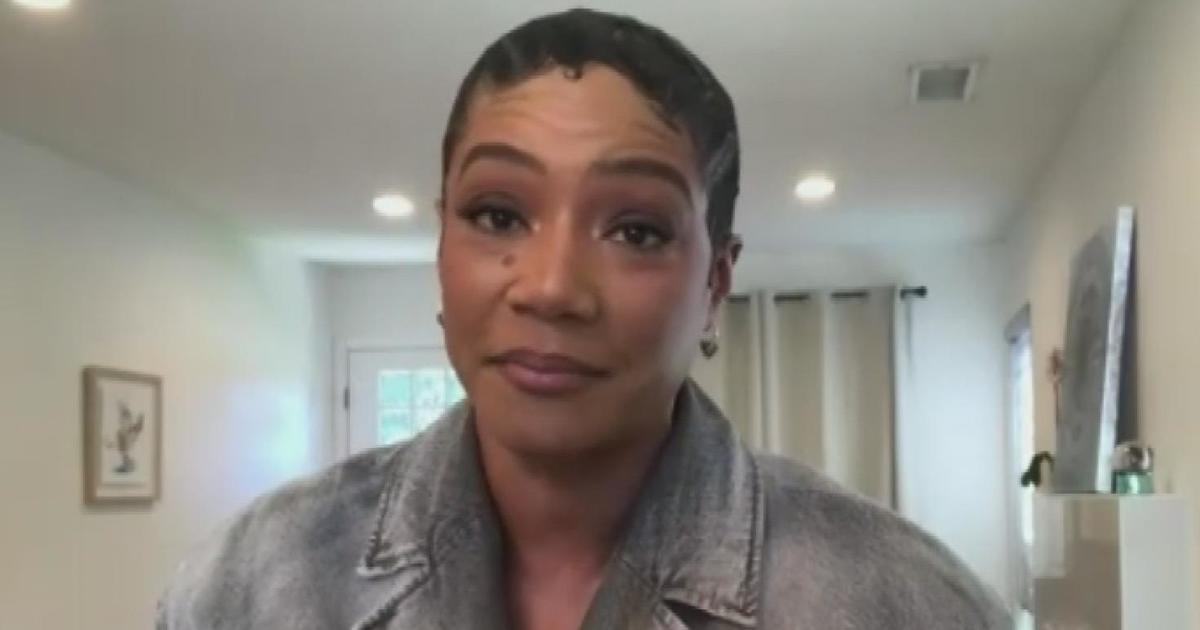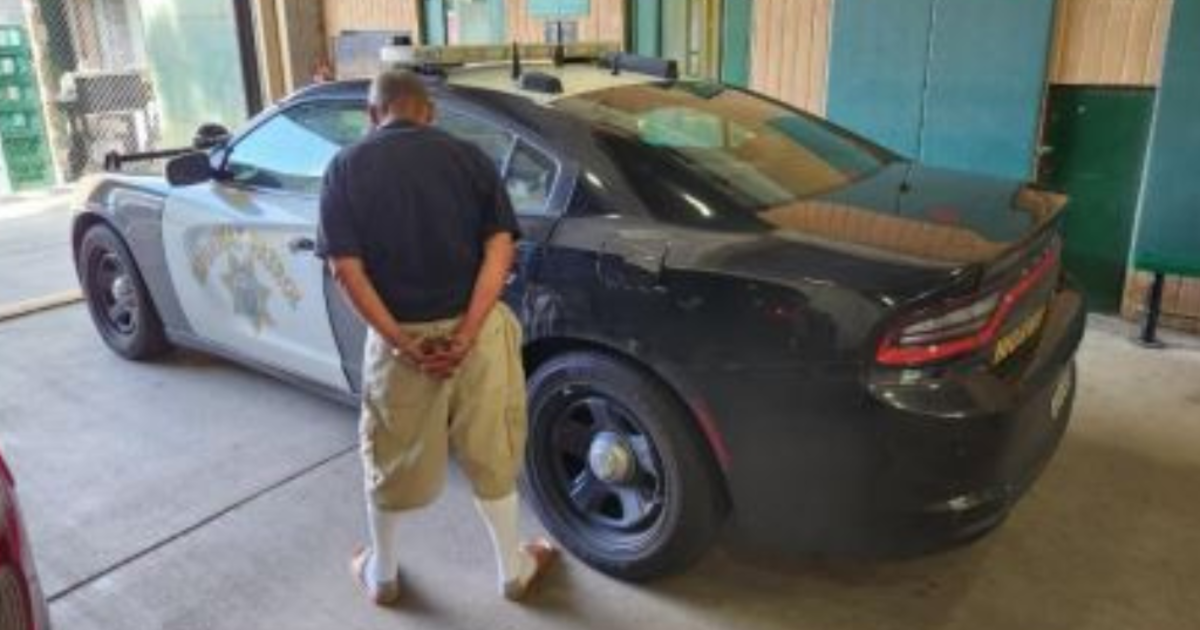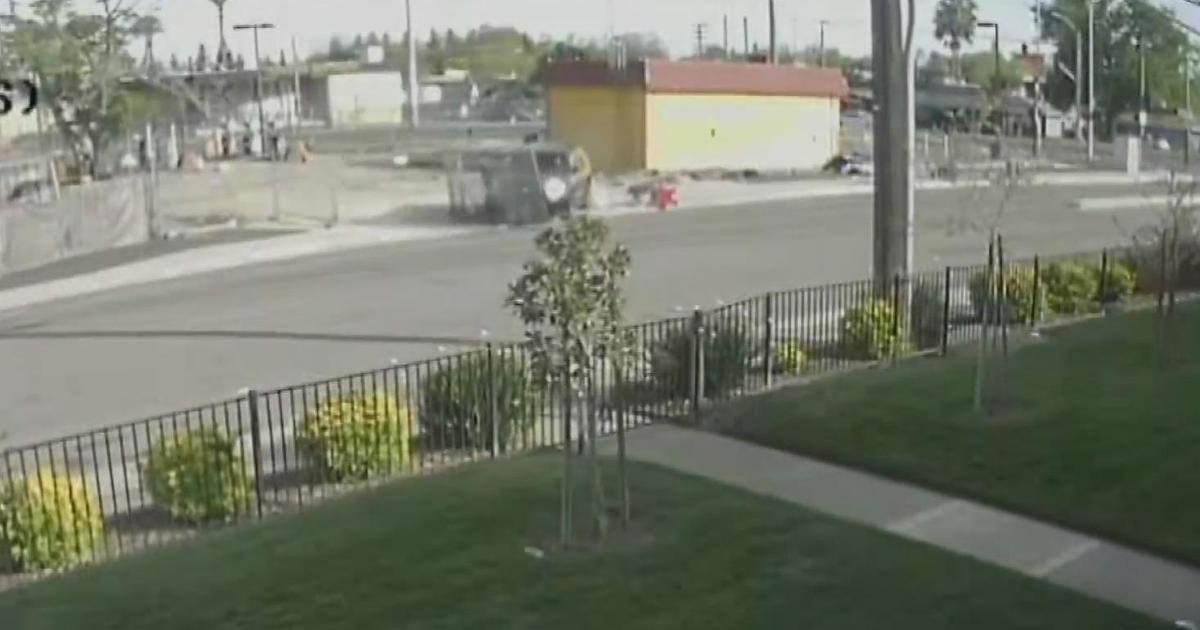Sacramento Program To Help Ex-Felons Break Into California's Booming Pot Business
Sacramento (CBS13) — City leaders think they have a new tool to fight crime and drug violence in underserved communities — cannabis.
The city plans to waive permit fees for former drug offenders looking to get into the booming pot business, but bringing more drugs into communities impacted by the "war on drugs" isn't something everyone can swallow.
Bonnie Akers is the first to admit she's tried pot in her day, but don't try selling her on the idea now.
"Parents are fearful of letting their children out of their house," Akers said.
READ: Teen Accused Of Attacking Elderly Sikh Man In Court
Akers does not support the legal sale of marijuana, at least not in her disadvantaged Oak Park neighborhood, but city leaders plan to help ex-felons bring it to an empty storefront near her, without paying thousands of dollars in permit fees.
"Now that it's been decriminalized we want to be able to also reap the benefits," said Rashid Sidqe.
Sidqe is referring to minorities recently restricted from getting into the booming pot business, whether it's because of their capital or drug convictions.
"The same people who have imprisoned us are now the same ones who are taking advantage of the decriminalization of marijuana," he said.
Down the street, one of Oak Park's leading Pastors, Anthony Sadler said, "it's kind of ironic... I have a hard time just accepting that rationale."
Sadler fears bringing a "controlled substance" into a neighborhood with a history of it, is a repeat of the past.
ALSO: Nelson Fire Along Interstate 80 In Fairfield Prompts Evacuations
"Same thing we see outside liquor stores, people hanging out. Wasting their days. No motivation to pursue employment," he said.
Despite the controversy, similar so-called "equity programs" are popping up across the state.
Cities like San Francisco, Los Angeles, Oakland, and now Sacramento think high-crime neighborhoods can benefit from California's cannabis gold rush.
Resetting the clock on the war on drugs, at least for weed.
The city of Sacramento's "pot czar" didn't return our request for comment on this story.



